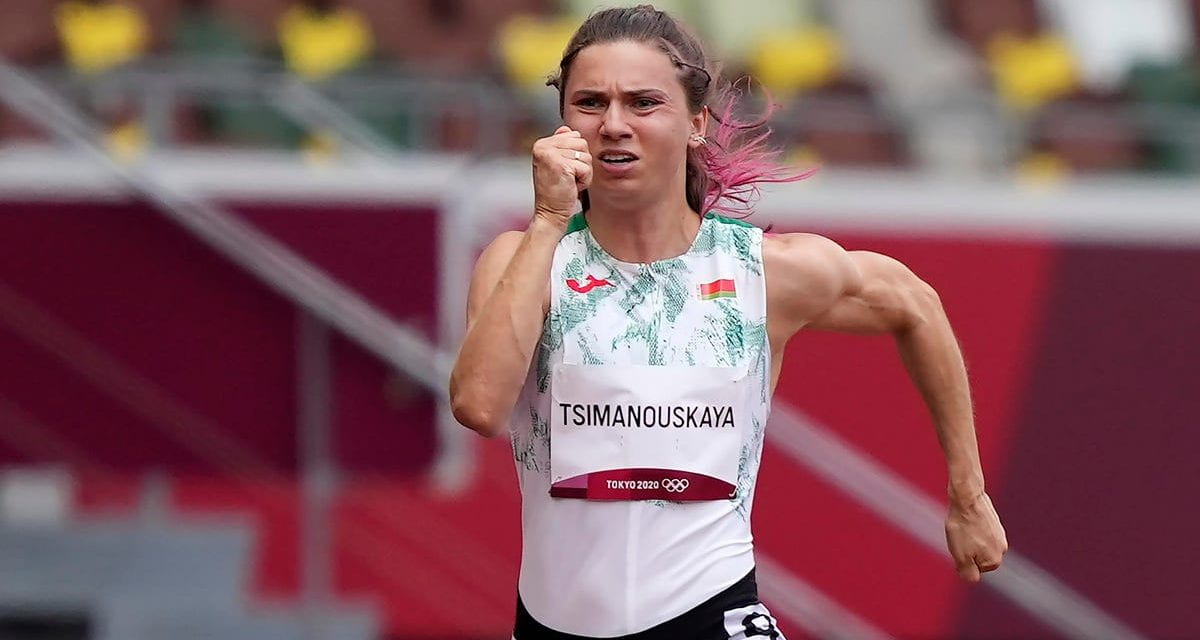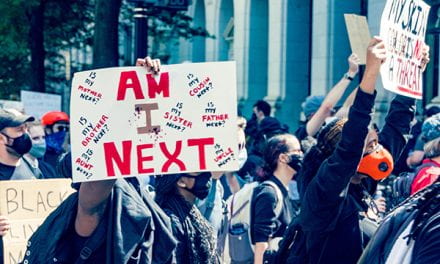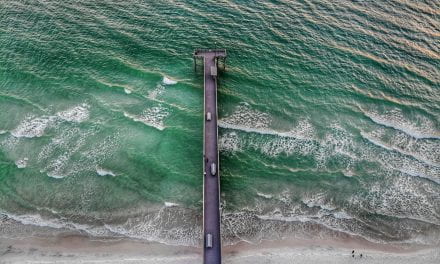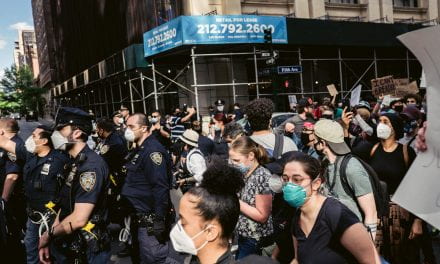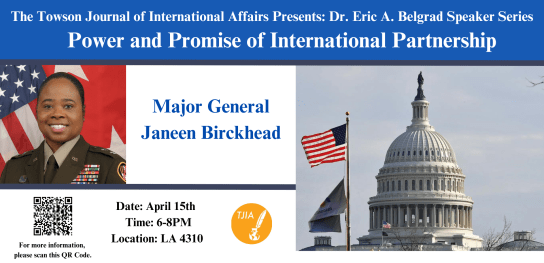The Olympics instill a long-standing celebration of athletics, bringing states around the world together despite the political climate. The first modern Olympics took place in 1896 in Athens with thirty-four states participating in nine sports.[i] The Olympics have now grown to involve over thirty-five different sports and 400 events in both the summer and winter Olympics, along with 206 National Olympic Committees that compete in host cities across the globe.[ii] It figures that such a large event can spark considerable media attention and support for bringing the top athletes in the world together. However, hidden behind the multiple-weeklong coverage of sporting events and ceremonies often lies political turmoil between states participating at the Olympics. For example, the United States refrained from sending any diplomats to the Winter 2022 Olympic Games in Beijing as a statement against China’s continued human rights violations.[iii]
This diplomatic practice commonly occurs, but a less frequent occurrence is people using the Olympics on an individual level to make a political stance against their own home state. For many athletes, the Olympics embody a celebration of patriotism, but for others the Olympics turn into an escape route from the brutal political climate in their home state. Seeking asylum through the Olympics gained media attention during the Summer 2020 Games in Japan, for example, when a Belarusian sprinter fled to the Polish embassy in Japan begging for asylum.[iv] However, this was not the first time that Olympic athletes have attempted to use the games to seek refuge. During times of peak international tensions, an increase in defections arises during the Olympics because it is often one of the only times when individuals have the opportunity to escape horrible political situations and seek refuge. This analysis is an attempt to gain a better understanding of the political interactions between states at the Olympic Games, while also looking at various case studies of Olympic asylum seekers. I then conclude this analysis by predicting that if international tensions continue to rise, one might expect an increase in asylum seekers at upcoming Olympics, and states will respond by taking more drastic measures when attending the Olympics, like not sending diplomats or not allowing athletes to participate who the states worry might flee.
State cooperation at the Olympics was at an all-time high during the Cold War, when communist states and democratic states both sent athletes to participate in the games. Although tensions were extremely high in the international community due to a nuclear arms race and other conflicts, state cooperation was maintained in order for the Olympics to go on during the nearly fifty-year time period. However, the 1980 and 1984 Olympic Games are both examples of times that international tensions led to states boycotting the Olympics completely. The 1980 Olympics were held in Moscow, just a few months after the Soviet Union invasion of Afghanistan. The United States and 64 other states refused to participate at the Olympics in protest of Soviet military actions.[v] Then, at the 1984 Olympic Games, held in Los Angeles, the Soviet Union boycotted in retaliation.
The Olympics not only demonstrate the strained state relations during a time of increased tensions. The Olympics also allow for athletes to begin to use the games to seek asylum from their home state. There have been multiple accounts of athletes from communist states fleeing to democratic states that they would not normally come in contact with outside of the Olympic games due to the repressive control of their home governments. The first reported defection came in 1948 at the London Olympics when Marie Provazíkova, a gymnastics coach, refused to return to her Czechoslovakia, which had just recently become a communist state due to a military coup. Provazíkova was eventually granted permission to go to the United States, as the Czechoslovakian government claimed it gave her permission to be an instructor in the US in order to deceive people at home and not further encourage people to flee the country.[vi] Then in 1956 at the Melbourne Olympic Games dozens of Hungarian athletes sought asylum just weeks after the Soviet Union invaded Hungry. Many of the athletes defected with the help of the United States.[vii] Eventually, asylum seekers during the Cold War peaked during the 1972 Munich Olympic Games, with an estimated one-hundred athletes from the Soviet Union and its satellite states defecting from repressive communist rule. It is important to note that fleeing the Soviet Union was not an easy task because Soviet states took measures to make sure that its athletes did not leave, including hiring officials to watch athletes and coaches for the duration of the games.[viii]
After the end of the Cold War, there was a decrease in the number of athletes seeking asylum, but as international tensions rise and domestic conflicts continue, so do the number of asylum seekers at the Olympics. There has been a new rise in the number of asylum seekers in the Twenty First Century that are attempting to escape both domestic and international problems. At the London Olympic games in 2012, twelve athletes and coaches from various African states, including Cameroon, Eritrea, and the Congo, went to the British police and successfully sought asylum.[ix] These states were experiencing economic struggles, human rights violations, and violence, which led to the desire to leave. During the recent 2020 summer Olympic Games hosted in Tokyo, two more athletes sought asylum. The first, Krystsina Tsimanouskaya, was a sprinter who represented Belarus, a post-Soviet state. Krystsina gained attention after refusing to board a plane to Minsk at the Tokyo airport.[x] Krystsina claimed that her life was at risk because the Belarusian Olympic Committee was forcing her, against her will, to return home. As a result of media attention, Krystsina was granted a humanitarian visa by Poland.[xi] Civil unrest is not uncommon under Belarusian President Alexander Lukashenko, who has been in office since 1994 and is the last dictator in Europe. Under President Lukashenko, the people of Belarus are subject to strict restrictions on their freedom of speech and access to media, and also subject to torture and unlawful arrests.[xii] The Belarusian government and President Lukashenko are major supporters of the Russian regime. In fact, the Belarusian Government even allowed the Russian military to invade Ukraine through its Southern border.[xiii]Belarus’s authoritarian government and support for Russian aggressions has led the Western international community to support Krystsina in her asylum attempt. Also, during the Tokyo Olympic Games, Julius Ssekitoleko, a Ugandan weightlifter, sought asylum in Japan. Ssekitoleko was eventually found by authorities after being reported missing from the Olympic Village and sent back to Uganda.[xiv] Ssekitoleko has recently been charged with conspiracy to defraud because the government claims that he did not actually qualify. Ssekitoleko wanted to find work in Japan because of the economic hardships and various human rights violations, including unlawful imprisonment, that he is now facing in Uganda.[xv]
It is easy to assume that as international conflict rises, so too does the number of people who seek asylum through the Olympics. The Olympics provide a path for peaceful state relations even during times of heightened international tensions. People from both authoritarian and other oppressive states gain access to the West that might otherwise be unavailable. Western states are also more likely to accept and aid asylum seekers because of more inclusive policies and open borders. Now we must ask ourselves what to expect for upcoming Olympic Games. I predict two possible outcomes in the future. The first outcome would be an increased number of people seeking asylum through the Olympic Games due to rising international tensions. Previously, athletes would often escape in the middle of the night in order to not be caught, but it is likely that with an increase in media attention, more people will seek asylum more publicly at the Olympics, especially from authoritarian states. The second outcome I predict is that states will create stricter regulations when sending athletes to the Olympics, as the Soviet Union did in the 1970’s.[xvi] Although increased media attention can bring awareness to asylum seekers, it can also cause states with authoritarian leaders to become more cautious about sending athletes due to fears that they might conspire to escape the country and flee to the West. The fear of Western influence explains why North Korea does not allow athletes to compete in international competitions: they fear the possible “brainwashing” of its citizens by the outside world, which might cause them to eventually flee the state.[xvii]Overall, the Olympics are most known for their cheerful displays of state relations, but they can also bring attention to the individual struggles that people face when they are supposed to be representing the country they are attempting to flee.
[i] Penn Museum, “The Games,” Accessed May 8, 2022, https://www.penn.museum/sites/olympics/olympicorigins.
shtml
[ii] International Olympic Committee, “Olympic Sports,” Accessed May 8, 2022, https://olympics.com/en/sports/
[iii] Zolan Kanno-Youngs, “U.S. Will Not Send Government Officials to Beijing Olympics,” December 6, 2021, https://www.nytimes.com/2021/12/06/us/politics/olympics-boycott-us.html
[iv] Radio Free Europe, “EU Blasts Minsk for ‘Brutal Repression’ in Trying to Force Critical Olympian Home, Lauds Poland for Providing Visa,” August 2, 2021, https://www.rferl.org/a/tsimanouskaya-belarus-olympic-tokyo-asylum-germany-austria-lukashenka-/31388516.html
[v] U.S. Department of State, “The Olympic Boycott, 1980,” n.d., https://2001-2009.state.gov/r/pa/ho/time/qfp/
104481.htm
[vi] Gymnastics History, “1948: The Political Defection of Marie Provazníková, President of the FIG WTC,” December 2, 2021, https://www.gymnastics-history.com/2021/12/1948-the-political-defection-of-marie-provaznikova-president-of-the-fig-wtc/
[vii] Claire Parker and Sammy Westfall, “For Some Athletes, the Olympic Aren’t Just a Chance to Compete Opportunity to Defect,” August 3, 2021, https://www.washingtonpost.com/world/2021/08/02/olympic-defectors-history/
[viii] Ibid.
[ix] Ibid.
[x] Radio Free Europe, “EU Blasts Minsk for ‘Brutal Repression’ in Trying to Force Critical Olympian Home, Lauds Poland for Providing Visa,” August 2, 2021, https://www.rferl.org/a/tsimanouskaya-belarus-olympic-tokyo-asylum-germany-austria-lukashenka-/31388516.html
[xi] Ibid.
[xii] Mansur Mirovalev, “Europe’s ‘Last Dictator’: Who is Belarus’s Alexander Lukashenko,” Aljazeera, November 25, 2021, https://www.aljazeera.com/news/2021/11/25/belarus-leaders-trajectory-from-communist-farmer-to-paranoid
[xiii] Ibid.
[xiv] Abdi Latif Dahir, “Uganda Detains Missing Weightlifter for Possible Fraud,” New York Times, July 27, 2021, https://www.nytimes.com/2021/07/27/world/africa/ugandan-weight-lifter-olympics-detained.html
[xv] Ibid.
[xvi] Claire Parker and Sammy Westfall, “For Some Athletes, the Olympic Aren’t Just a Chance to Compete Opportunity to Defect,” August 3, 2021, https://www.washingtonpost.com/world/2021/08/02/olympic-defectors-history/
[xvii] Robert Hart, “Belarusian Sprinter Joins Long List of Olympic Defectors-Here’s How Athletes Have Sought Asylum at the Games,” Forbes, August 4, 2021, https://www.forbes.com/sites/roberthart/2021/08/04/belarusian-sprinter-joins-long-list-of-olympic-defectors—heres-how-athletes-have-sought-asylum-at-the-games/?sh=2a93e1be8489

